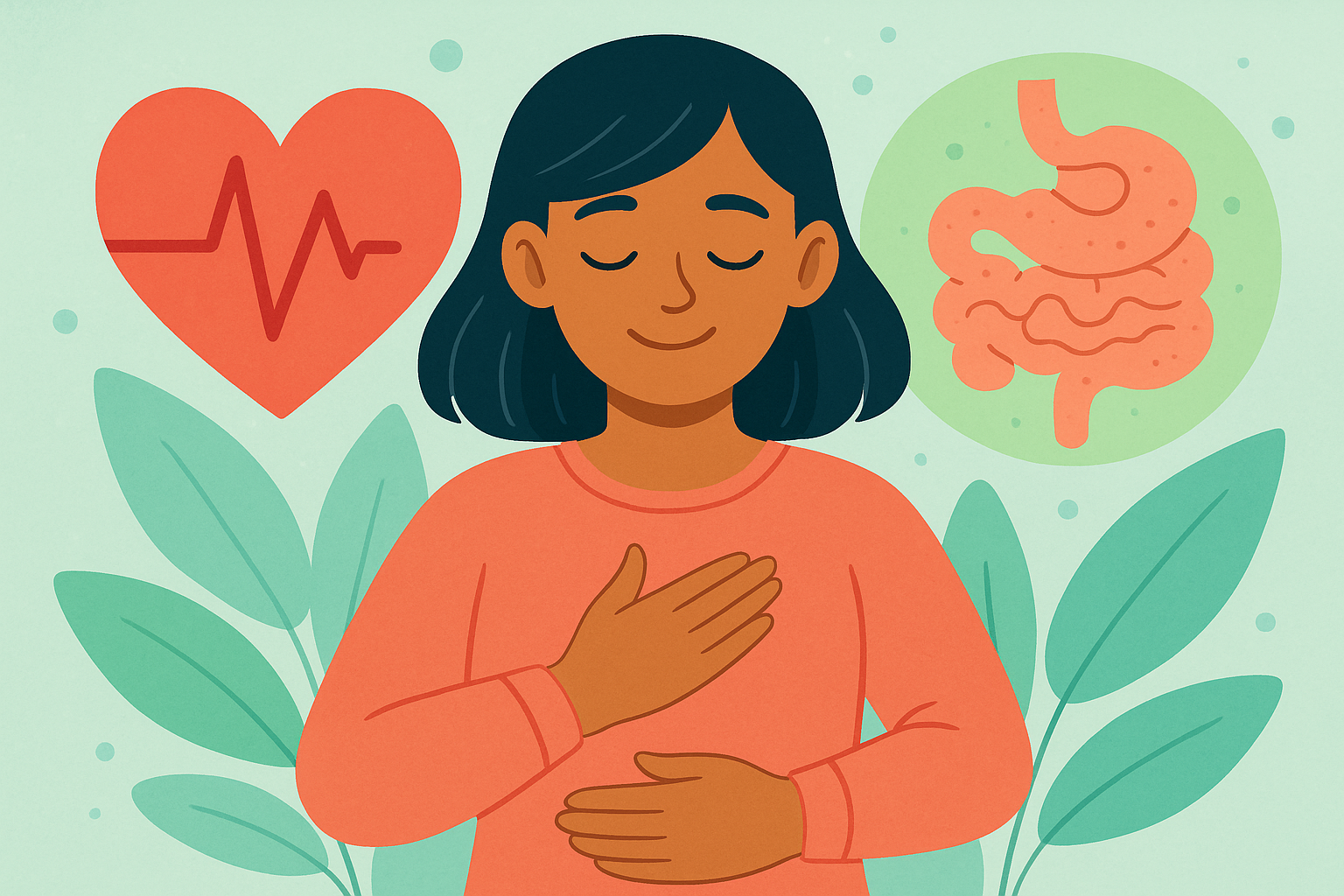CBT in Your Pocket: How Smartphone Apps Teach Five Skills
In today’s fast-paced world, mental health support is just a tap away. The RESiLIENT app embodies this convenience, offering users a portable toolkit for Cognitive Behavioral Therapy (CBT). By focusing on five essential skills—behavioral activation, cognitive restructuring, problem solving, assertion, and insomnia management—this app empowers individuals to take control of their mental well-being from their smartphones.
Understanding Cognitive Behavioral Therapy (CBT)
CBT is a widely recognized therapeutic approach that helps individuals change negative thought patterns and behaviors. Unlike traditional therapy, which requires regular in-person sessions, apps like RESiLIENT allow users to practice CBT techniques at their own pace. This flexibility is particularly beneficial for those who may be unable to access traditional therapy due to time constraints or geographical barriers.
1. Behavioral Activation: Getting Moving
One foundational skill taught by the RESiLIENT app is behavioral activation. This technique involves engaging in activities that bring a sense of accomplishment or pleasure. For many, depression can lead to withdrawal and inactivity, which exacerbates feelings of sadness. The app encourages users to identify activities that spark joy and helps them schedule these into their daily routines.
For example, if a user enjoys painting but has been putting it off, the app might suggest setting aside an hour each week to explore their creativity. This act of engaging in enjoyable activities can significantly improve mood and motivation, making it a vital component of managing depression.
2. Cognitive Restructuring: Changing Thought Patterns
Another critical skill is cognitive restructuring, which helps users identify and challenge negative thought patterns. The RESiLIENT app provides users with tools to recognize cognitive distortions—such as all-or-nothing thinking or catastrophizing—and replace them with more balanced thoughts.
For instance, if a user thinks, “I always fail at everything,” the app guides them through reframing this thought to something more realistic, like, “I have succeeded in the past, and I can learn from my mistakes.” This shift in perspective can lead to improved emotional responses and a more positive outlook on life.
3. Problem Solving: Finding Solutions
Life is full of challenges, and effective problem-solving skills can make a significant difference in how individuals cope with stress. The RESiLIENT app teaches users a structured approach to problem-solving, which includes identifying the problem, brainstorming potential solutions, and evaluating the outcomes of those solutions.
For example, if a user is struggling with a work-related issue, the app might prompt them to list possible solutions, weigh the pros and cons, and then select the best course of action. This process not only helps users feel more empowered but also reduces feelings of helplessness that can accompany stress.
4. Assertion: Communicating Needs Effectively
Assertiveness is a vital skill that allows individuals to communicate their needs and boundaries clearly. The RESiLIENT app offers guidance on how to express thoughts and feelings in a way that is honest and respectful. Many people struggle with assertiveness due to fear of confrontation or rejection, but the app provides users with practical exercises to build confidence.
For instance, users can practice using “I” statements, such as “I feel overwhelmed when I have too many tasks at once. Can we discuss how to prioritize?” This approach fosters healthier relationships and reduces anxiety associated with interpersonal communication.
5. Insomnia Management: Improving Sleep Quality
Sleep is crucial for mental health, yet many struggle with insomnia. The RESiLIENT app includes modules specifically designed to address sleep issues by teaching users about sleep hygiene, relaxation techniques, and cognitive strategies to overcome racing thoughts at bedtime.
For example, the app might suggest creating a calming bedtime routine or practicing mindfulness meditation to ease the transition to sleep. By improving sleep quality, users can enhance their overall mental health, making it easier to implement the other skills they learn through the app.
The Benefits of Using Apps for Mental Health
The rise of mental health apps like RESiLIENT represents a shift in how therapy is accessed and delivered. Here are some benefits of utilizing such technology:
- Accessibility: Mental health apps can be used anytime, anywhere, making support available to those who may not have access to traditional therapy.
- Affordability: Many apps are less expensive than in-person therapy, making them a viable option for those on a budget.
- Privacy: Users can engage with mental health resources discreetly, which may reduce the stigma associated with seeking help.
- Customization: Apps often allow users to tailor their experience based on their individual needs and preferences.
Challenges and Considerations
While mental health apps offer many advantages, it is essential to consider some challenges:
- Self-Discipline: Users must be motivated and disciplined to engage with the app regularly, which can be difficult for some.
- Limited Interaction: Unlike in-person therapy, users miss out on the personal connection with a therapist, which can be crucial for some individuals.
- Not a Replacement: Apps should complement, not replace, traditional therapy for those with more severe mental health issues.
Conclusion: Your Mental Health, Your Way
The RESiLIENT app and others like it are changing the landscape of mental health support. By teaching essential skills such as behavioral activation, cognitive restructuring, and problem solving, these apps empower users to take control of their mental health. Whether you’re looking to manage stress, improve sleep, or enhance your coping strategies, mental health apps provide valuable resources at your fingertips.
As we continue to explore the intersection of technology and mental health, it’s crucial to remember that while apps can be incredibly helpful, they should be part of a broader approach to mental wellness. For more information on wellness strategies, visit our wellness hub.
If you’re interested in exploring the RESiLIENT app, check it out on the official website. Take the leap towards better mental health today!
